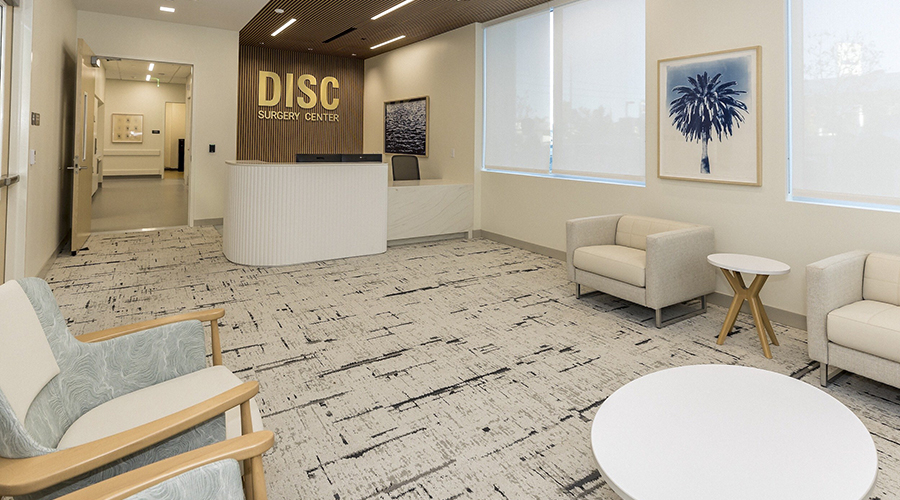In a White Paper published today by Infection Control Today and underwritten by UMF Corporation, the company challenges the “disposable mindset” of many in healthcare that disposable products are preferable to reusable healthcare textile products (HCTs), and claims this throwaway mentality is driven more by convenience than performance. (Note: Visit UMF at Booth #314, AHE Exchange 2016.)
The White Paper, “Making the Case for the Use of Reusable Wipers in the Healthcare Setting,” focuses on the benefits and justification for using a high performance “microfiber” reusable wiper compared with a ready-to-use disposable wiper (RTU). UMF Corporation is a developer of high-performance infection-prevention products under the PerfectCLEAN® brand.
“In our current ‘do more with less’ and pay-for-performance economic environment, using reusable wipers is the commonsense economical choice,” the report says.
Conversely, studies that make the case for the use of RTUs only “raise more questions than they answer,” according to the report.
“To date, to the best of our knowledge, none of the disposable studies have included: the cost of the (disposable) product; the number of disposable wipers required to be used per patient room; and the increased cost of processing thousands of pounds of additional disposable products each year that are destined (if not incinerated as medical waste) to languish in landfill sites for generations to come,” the report says.
When considering the use of RTU wipers, the Environmental Services department must calculate the cost per wiper, the number required to process the specific type of room and the annual cost burden, according to the report. As such, the UMF Corporation White Paper provides a link to a downloadable cost calculator that provides a conservative insight as to the high cost of using RTU wipers in healthcare compared with a high performance reusable wiper.
In addition to the differing opinions in the reusable vs. disposable debate, and comparing the costs of disposable products vs. reusable laundered products, the White Paper also looks at:
- The impact of disposables on the environment and why reusables are more eco-friendly
- What the experts have to say regarding current laundry processes, and whether they’re sufficient to interrupt the transmission of pathogens
- The “Wiper Cycle,” which includes the use of a hospital-approved EPA-registered hospital-grade disinfectant
- Guidelines for the proper use of reusable wipes by Environmental Services (ES) staff when processing a patient room and other areas.
Visit http://www.perfectclean.com

 AI Adoption on the Rise Among Leaders
AI Adoption on the Rise Among Leaders TriasMD Officially Opens DISC Surgery Center at Tarzana
TriasMD Officially Opens DISC Surgery Center at Tarzana Goshen Health Announces Partnership with Parkview Health
Goshen Health Announces Partnership with Parkview Health Severe Winter Weather: What Healthcare Facilities Must Prioritize
Severe Winter Weather: What Healthcare Facilities Must Prioritize Recovery Centers of America Opens New Facility in Florida
Recovery Centers of America Opens New Facility in Florida